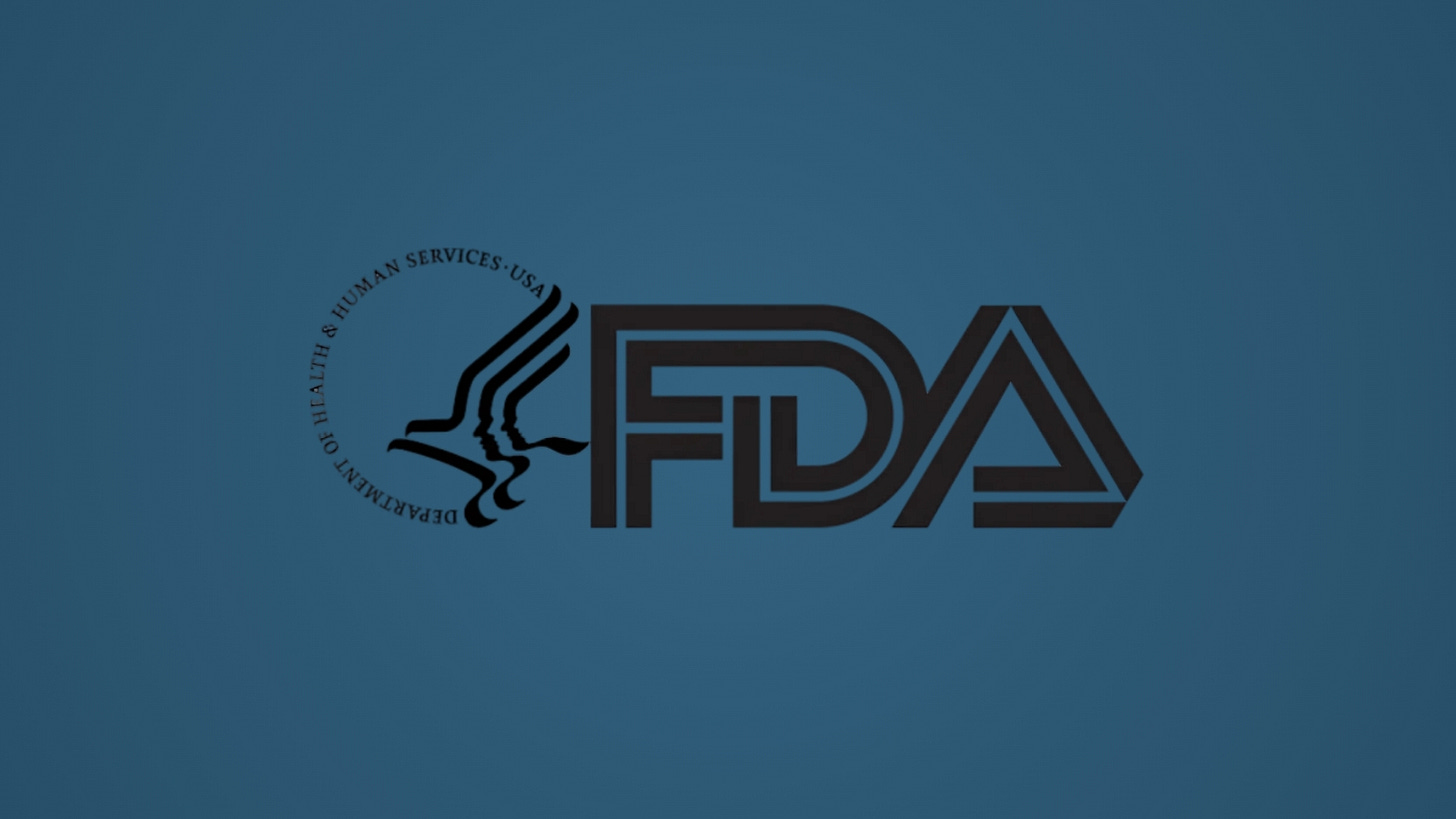Tracking Major Changes at the FDA: May 13
Policy shifts, AI rollouts, reappointments, and legal backlash.
With the flurry of FDA updates, we’ll be sharing brief, semi-regular news roundups — quick, digestible explainers to keep you on top of the latest developments. Make sure you’re on our paid tier to get each issue in full.
Here’s a brief synthesis of the most recent reporting.
FDA leadership, administration, and organizational changes
Vinay Prasad named new director of CBER — FDA Commissioner Martin Makary appointed longtime FDA critic Vinay Prasad as director of the CBER, marking a notable departure from the more industry-aligned leadership of Peter Marks. Prasad, an oncologist and academic, has questioned the evidentiary standards of many FDA approvals in his prior work.
Prasad implements new telework policy at CBER — In one of his first moves as CBER director, Prasad reinstated a hybrid work schedule allowing staff to work remotely two days per week, reversing Makary’s earlier push for full in-office attendance.
Makary taps Jeremy Walsh as Chief AI Officer — As part of its AI transformation, the FDA appointed Jeremy Walsh to lead the Office of Artificial Intelligence and Information Technology. Walsh, formerly chief technologist at Booz Allen, is tasked with deploying a unified platform to expand AI-assisted reviews across FDA centers by June 30.
Michael Rogers announces abrupt retirement — Michael Rogers, the FDA’s longtime Director of Inspections and Investigations, will retire on May 14 after 34 years. His departure follows internal tensions around Makary’s changes to inspection processes and cuts to supporting staff. Rogers had recently overseen a major reorganization of the Office of Regulatory Affairs into the Office of Inspections and Investigations.
FOIA staff rehired amid transparency concerns — After layoffs in April affected the FDA’s FOIA team, the agency has begun rehiring employees responsible for responding to public records requests. The move comes amid pressure for greater transparency and scrutiny from stakeholders.
Former FDA staff recalled for user fee negotiations — The FDA is rehiring key personnel who were previously laid off but are essential to PDUFA reauthorization talks. These returning staffers handle funding negotiations with drug companies—critical to maintaining the agency’s drug review capabilities.
FDA policy, governance, and regulatory developments
AI-assisted scientific reviews now underway — Makary revealed the FDA recently completed its first AI-assisted scientific product review. As part of a new “AI-Assisted Scientific Review Pilot,” the agency aims to expand AI use across all review centers by June 30. The initiative, led by newly named Chief AI Officer Jeremy Walsh and Sridhar Mantha, will deploy a “secure, unified platform” to reduce manual, non-value-added work.
Talks with OpenAI could yield ‘cderGPT’ — Wired reports that the FDA is exploring a collaboration with OpenAI to develop “cderGPT,” a generative AI tool intended to streamline regulatory reviews. Details on scope, data governance, and review oversight remain scarce.



